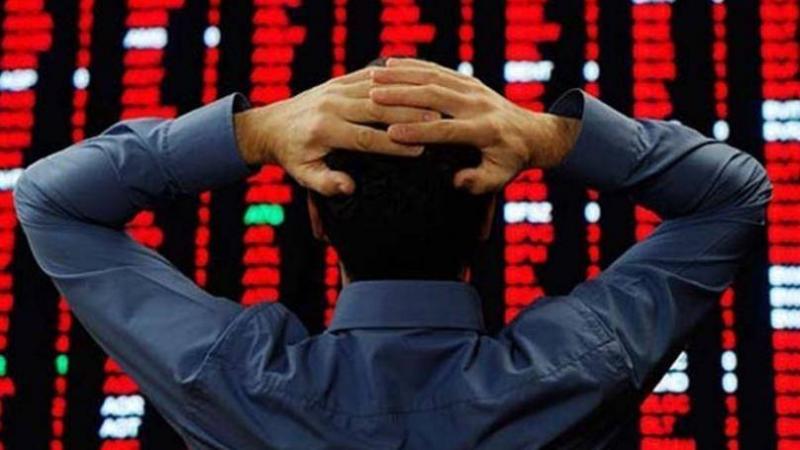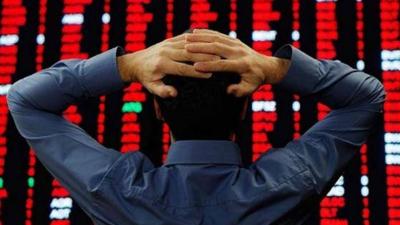Is there a new global economic crisis looming in 2023 that we should prepare for in light of the severe outbreak of the "COVID-19" pandemic in China? Will the main headline for the upcoming year be a major shock or tremor, possibly resulting in significant losses in global markets due to the pandemic crisis in China, which has a massive economy? Particularly if this pandemic crisis leads to severe mandatory lockdowns in the future that exacerbate the struggles of the Chinese economy, which is already suffering from the pandemic's consequences, while the rest of the world has made considerable strides in recovery from the virus.
Economic forecasts indicate that as many as one million people may die in China in the coming months due to the pandemic's resurgence, all while Beijing seeks to ease previously adopted measures under its "zero COVID" policy. This situation will increase social and economic uncertainty, likely escalating in the future. Will China in 2023 pay the price for the economic gains it reaped from the Russian war on Ukraine during the current year due to "COVID-19"? Will these economic burdens remain confined to China, or will they extend far beyond its borders?
Dr. Louis Habib, an economic expert, pointed out that "the COVID-19 outbreak issue only concerns China. The Chinese economy will experience declines that will not cause a global economic crisis; it will affect only China, regardless of the size of possible future lockdowns." He noted in an interview with "Akhbar Al-Youm" that "China has stayed neutral regarding the war in Ukraine. It supports Russia, but does not want to antagonize the United States, believing that it will benefit from this policy. However, China's economic relations with the U.S. have greatly deteriorated, and it is not able to gain much from Russia. Therefore, the fundamental mistake made by China was that instead of opposing the war, it appeared to support it through its neutrality. This will harm it in the long run, as evidenced by the fact that European, not just American, perspectives towards China have changed significantly, leading to increased fears about economic competition."
He added: "In 2023, the effects of the escalating conflict between China and the West, along with the impact of the COVID-19 outbreak, will become more apparent in China than in 2022. The Chinese are announcing a significant decline in growth. Consequently, China will experience a decline in its economic power, along with caution in its future economic relations."
Regarding the recent Chinese-Saudi agreements signed during President Xi Jinping's visit to Saudi Arabia, particularly those related to technology and the potential for oil transactions in Chinese currency instead of the U.S. dollar, he responded: "These matters will not change the global economic landscape. The Chinese currency currently has no value on the international stage. The primary goal for the Gulf states is to gain security protection from Iran, while one of China's main interests is to expand its ties with Iran and the Gulf states, seeking to profit with everyone, not just offering security to one party."
He concluded: "This is where the strength of the United States lies; no one can provide security protection to the Gulf states from Iran except the U.S. Gulf states are developing their relations with China, but they cannot abandon America for Beijing. The development of Chinese-Gulf relations occurs within the framework of U.S. consent or tacit approval, but not to the extent of changing Gulf alliances from Washington to Beijing."




